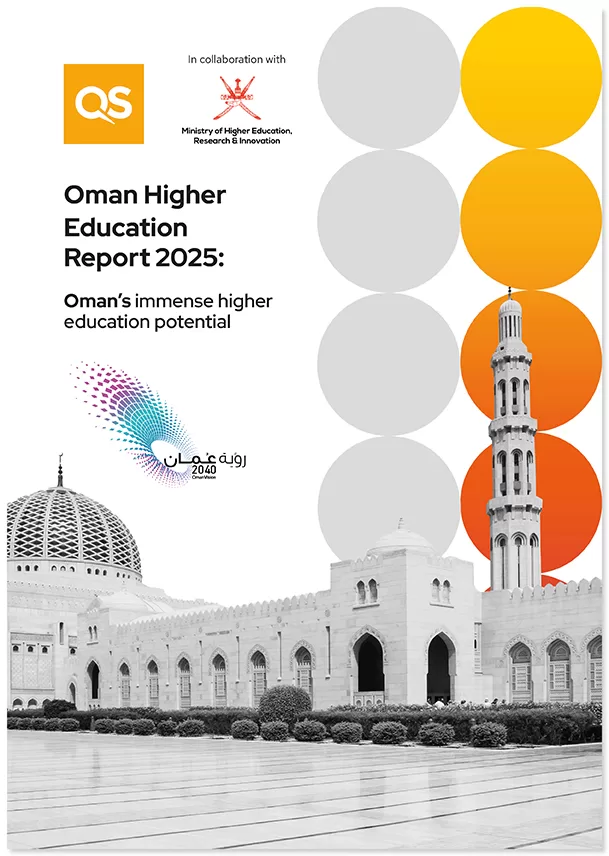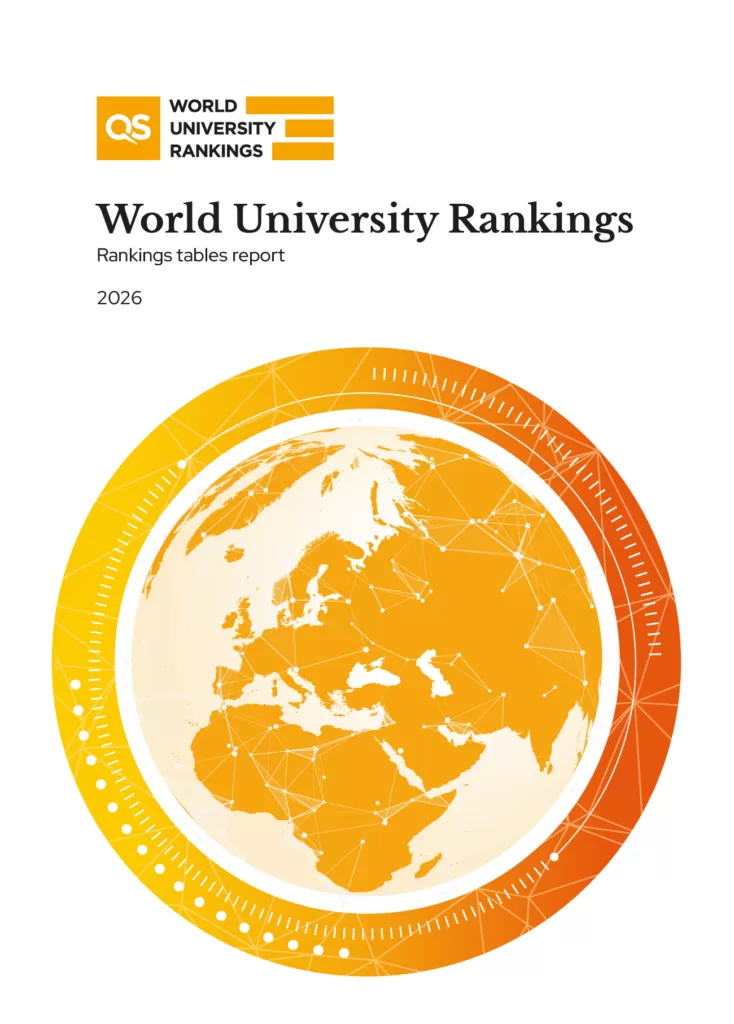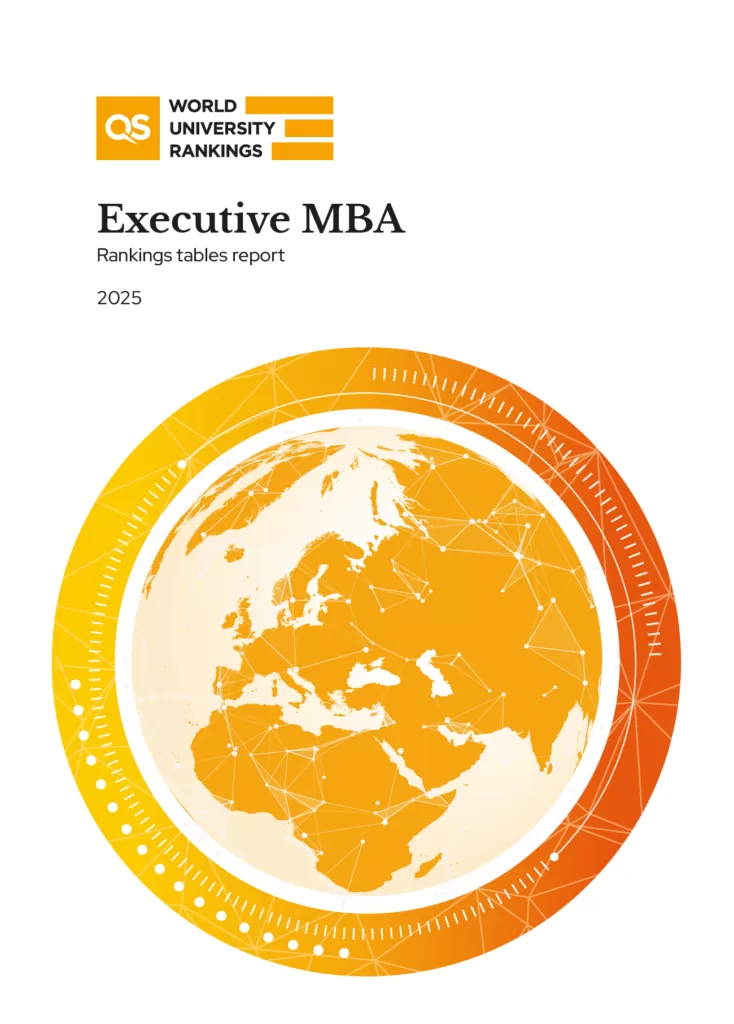
Welcome to the 2018 QS University Rankings: EECA. This year’s QS Emerging Europe and Central Asia Rankings are our largest ever with the number of ranked institutions increasing from 200 to 250 universities.
–
The 300 universities we rank in Eastern Europe and Central Asia are in 24 countries, some of which are established players in global higher education. Russia has 97 entries here, and Turkey 45. But this ranking also points up institutions and nations which do not show up well in world rankings, often because their good work is not visible on the world stage.
–
The universities were ranked based on 9 indicators:
- Academic Reputation
- Employer Reputation
- Faculty/Student Ratio
- Papers per Faculty
- Web Impact
- Citations per Paper
- Proportion of Staff with PhD
- Proportion of International Students
- Proportion of International faculty



